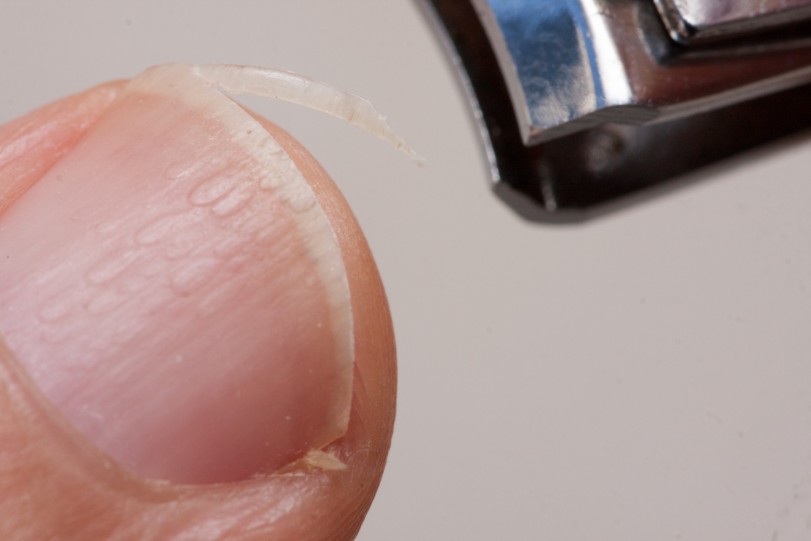
Brittle nails, a common condition characterized by fragile and easily breakable nails, can be a source of frustration and discomfort for many individuals.
While often perceived as a minor cosmetic concern, brittle nails may indicate underlying health issues or lifestyle factors that warrant attention. Understanding the causes of brittle nails is crucial for effectively addressing this condition and promoting overall nail health.
1. Nutritional deficiencies
Inadequate intake of essential nutrients, such as biotin, iron, zinc, and vitamin E, can contribute to brittle nails. According to the National Institutes of Health, brittle nails are one of the symptoms of biotin deficiency.
Biotin, in particular, plays a vital role in maintaining the strength and integrity of nails. A balanced diet rich in fruits, vegetables, lean proteins, and whole grains can help prevent nutritional deficiencies associated with brittle nails.
2. Excessive exposure to moisture and harsh chemicals
As per Gray Group International, continuously subjecting nails to water and harsh chemicals without adequate protection can lead to dryness, peeling, and breakage over time.
Harsh chemicals such as those found in household cleaning products or nail polish removers can strip the nails of their natural oils, leading to dehydration and brittleness. Wearing gloves while doing household chores and using moisturizing nail treatments can help protect the nails from moisture loss.
While essential for maintaining good hygiene, excessive hand washing and use of drying soaps can weaken the nails and contribute to brittleness. According to WebMD, when nails are exposed to water, they expand, and upon drying, they contract. Frequent immersion in water, particularly when coupled with the use of harsh soaps or detergents, can cause this continual fluctuation to dry out nails, rendering them soft and prone to peeling.
3. Medical conditions
Underlying medical conditions, such as thyroid disorders, psoriasis, and fungal infections, can manifest as brittle nails.
Hypothyroidism, as per Paloma Health, can cause ridges in nails due to keratin buildup and brittle nails from reduced blood flow and slow growth. Meanwhile, the National Psoriasis Foundation stated that signs of nail psoriasis include brittle nails prone to crumbling or splintering.
Consulting a healthcare professional for proper diagnosis and treatment is essential for addressing these underlying issues and restoring nail health.
4. Aging
As individuals age, the natural aging process can lead to changes in nail structure and composition, growing more slowly and resulting in increased brittleness, according to MedlinePlus.
Maintaining overall health and adopting nail care habits suited to aging nails can help mitigate the effects of aging on nail health.
5. Environmental Factors
Environmental factors such as cold weather and low humidity levels can contribute to nail dehydration and brittleness. According to a 2009 study, researchers found that nails tend to be more brittle in lower humidity conditions.
Using a humidifier to maintain indoor humidity levels and applying moisturizing nail products can help counteract the drying effects of environmental factors.

